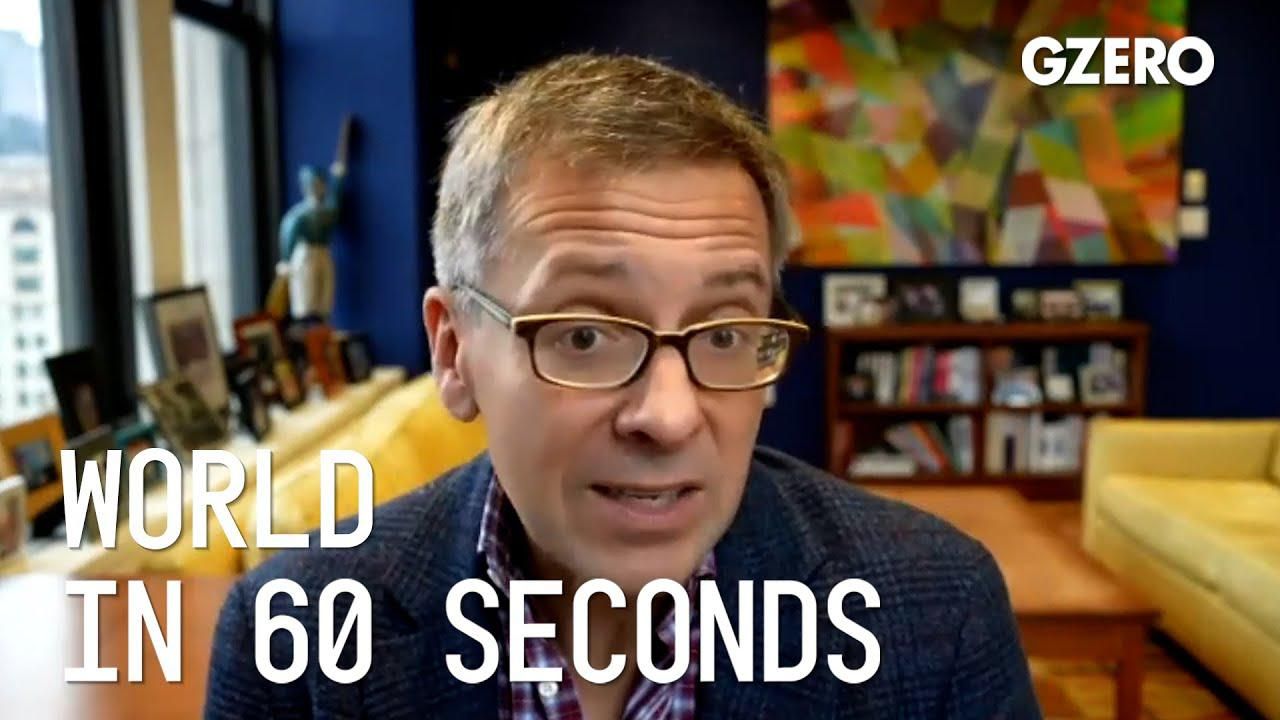
Ian Bremmer shares his insights on global politics this week with a look at Sudan's military coup, China's efforts to join the CPTPP, and the UK's Brexit-induced disruptions.
The coup has taken over in Sudan. What's happening there?
Well, there are coups and attempted coups in Sudan all the time. In this case, the military taking out a transitional civilian government, which is problematic for a couple of reasons. One, because they're not going to allow investigations to proceed. And with a lot of the generals taking over, being with corruption charges against them. And secondly, because the money that they desperately need from the IMF international aid and other sources not coming because they've gotten rid of the economic comparative technocrats, including the Prime Minister, an economist himself. There's going to be need to back down and at least compromise at some point because they're desperate to have international support, but first, they want to ensure that they're all staying in power. And that is unfortunate for the people of Sudan. And if it mattered to the United States and Europe, they'd be making headlines, but it really doesn't. It's like Egypt and Ethiopia and the Emirates are the key players here and you're not going to see many headlines.
Following China's application to join the TPP, what does it mean for the agreement and how does it influence the United States?
The interesting thing about the CPTPP, the Comprehensive Partnership, the Trans-Pacific Partnership, or whatever we call it now, it is the most important high-level, high-standard multilateral trade deal in the world. And the two most important economies globally aren't a part of it. China, because they won't be let in, because they don't actually have the standards, the trade standards, the transparency, the rule of law, the lack of state control over the economy to be allowed in. And the United States, because free trade and multilateral trade deals can't get support in Congress from either the Democrats or the Republicans. That's what's really interesting about this. The fact that they want to join does show that they want to be seen by countries in Asia as an economic solution and partner, especially as the United States is continued to be seen, if anything, only more strongly as the principal military and national security partner. But ultimately, this is about when the Americans and Chinese can't get it done, other countries can. Not the worst thing in the world always, we're seeing some of that on climate too, by the way.
Is Brexit still a mess in Europe?
Well, the interesting thing here is I'd say, no, not really. It's really a mess in the UK. The UK is having an enormous problem. They can't get truck drivers. And so, you've got all of these good shortages and price inflation that's worse because of Brexit. And they're saying, "Oh, we'll let in immigrants from other countries near term because we just desperately need the labor." Well, yeah, if you were still in the EU, this wouldn't be such a problem for you, but you voted for Brexit. Meanwhile, I was just talking to the German government last week. I did a brief for a lot of the new leaders that are coming in and the traffic light coalition. And this was an entire day of meetings with different policy analysts and leaders around the world. And the UK Brexit literally was not brought up once. They have other challenges right now. And as a consequence, ultimately, this is a bigger problem for the UK, which has a lot less influence and a lot more difficulty in terms of disruptions to their economy.